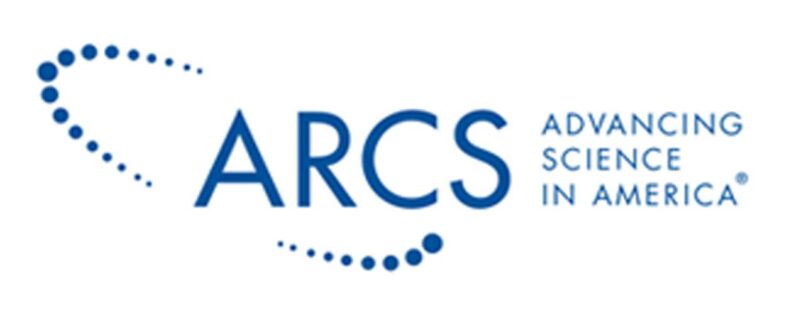
Department of Plant Pathology
Degree Options
Master’s Degree (MS) in Plant Pathology
Online Master of Science in Agriculture (MSAG) Plant Health and Management
Doctoral Degree (PhD) in Plant Pathology
Our Commitment to Diversity, Equity, and Inclusive Excellence
As part of Washington State University and the College of Agricultural, Human, and Natural Resource Sciences (CAHNRS), the Department of Plant Pathology is committed to creating and maintaining a diverse, equitable, and inclusive learning and working environment for students, staff, faculty, and the communities we serve and in which we operate.
Learn more about our commitment to Diversity, Equity, and Inclusion

Funding opportunities
U.S. citizens who have a GPA of 3.5 or above and meet other qualifying conditions may be eligible for a prestigious ARCS fellowship, which provides $7,500 the first year and $5,000 for two consecutive years (in addition to any research or teaching assistantships received). All eligible applicants will be considered; nominations are limited.

In matters of admission, employment, housing or services, or in the educational programs or activities it operates, WSU does not discriminate or permit discrimination by any member of its community against any individual on the basis of sex (including sex stereotypes, sex characteristics, pregnancy or related conditions, sexual orientation, and gender identity), race, color, national or ethnic origin, physical disability, mental disability, sensory disability, use of a trained service animal, age, religion, creed, genetic information, marital status, protected veteran status, honorably discharged veteran, member of the military, or immigration or citizenship status except as authorized by federal or state law, regulation, or government contract.
WSU policies comply with federal and state civil rights laws and regulations, including, but not limited to: Title IX of the Education Amendments of 1972 (20 USC § 1681), Title IX implementing regulations 34 CFR 106, Title VII of the Civil Rights Act of 1964 (42 U.S.C. 2000d et seq) and the Pregnancy Discrimination Act, Title I and II of the Americans with Disabilities Act (ADA) of 1990 as amended, the Rehabilitation Act of 1973 (P.L. 93-11) and 45 CFR Part 84, Title VI of the Civil Rights Act of 1964 (42 U.S.C. 2000d et seq), Title IV of the Civil Rights Act of 1964 (42 U.S.C. 2000d et seq), Chapter 49.60 RCW, and the Gender Equality in Higher Education (Chapter 28B.110 RCW).
Inquiries about the application of these laws and regulations (including inquiries regarding the application of Title IX and its implementing regulations), as well as reports and complaints of discrimination and harassment, can be made verbally or in writing to WSU’s Compliance and Civil Rights, the Department of Education’s Office of Civil Rights, or both:
Compliance and Civil Rights
Email: ccr@wsu.edu
Online: Online Reporting/Complaint Form
In-person: French Administration Building Room 220
Address: PO Box 641022
Pullman, WA 99164-1022
Title IX or Deputy Title IX Coordinator: TitleIX.Coordinator@wsu.edu
ADA Coordinator: ADA.Coordinator@wsu.edu
US Department of Education Office of Civil Rights
Address: Lyndon Baines Johnson Department of Education Bldg
400 Maryland Avenue, SW
Washington, DC 20202-1100
Phone: 800-421-3481
Fax: 202-453-6012; TDD: 800-877-8339
Email: OCR@ed.gov
Local OCR office
Reports and complaints about conduct that may constitute discrimination (including sex discrimination under Title IX) can be made verbally or in writing to Compliance and Civil Rights and the university’s Title IX Coordinators at the contact information above. WSU’s prohibition on and relevant procedural guidelines for discrimination, discriminatory harassment, sex discrimination, and sexual harassment, including sexual assault, dating violence, domestic violence, and stalking, are available here:


